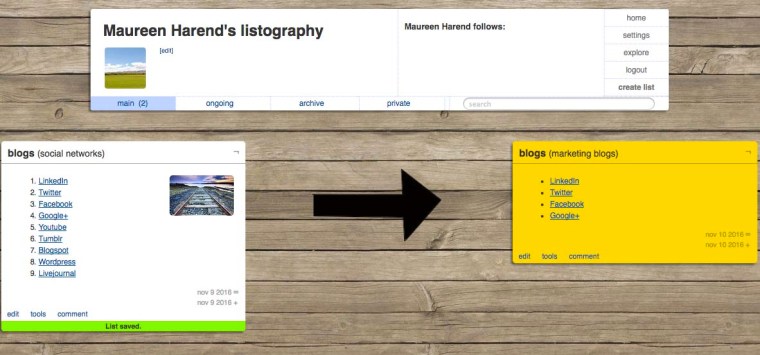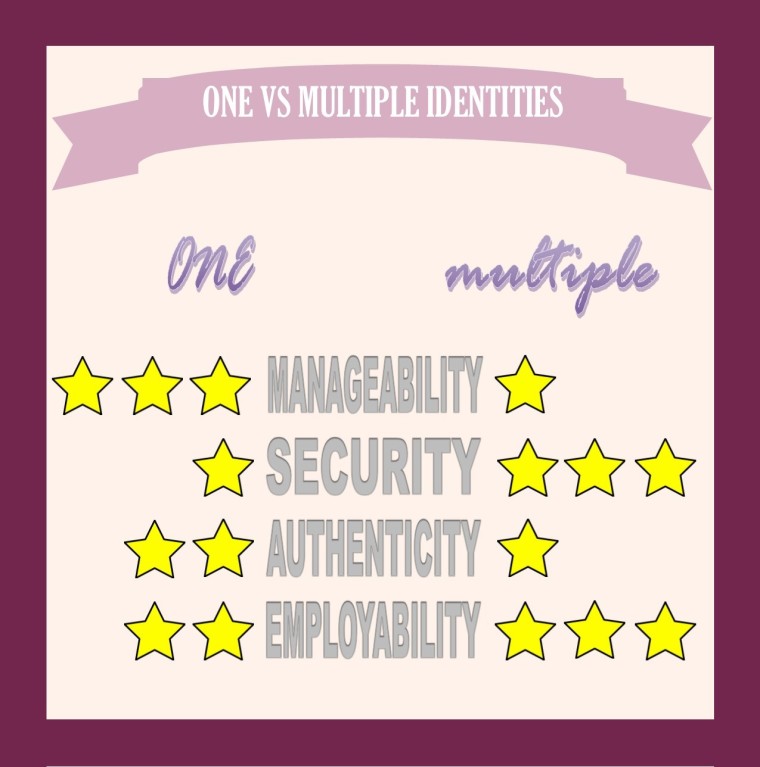
Final Assessed Post – MANG2049
I shall start of with an enlightenment that this post doesn’t contain any vlogs, voice-overs or so. I’m saving people from the horror of seeing my face and hearing my voice, haha.
Now, getting to serious mode. I’m sad that the module ends so soon and going to physical lectures again next week. This module has taught me more than what I thought I would be learning in this marketing degree.
Continue reading →









